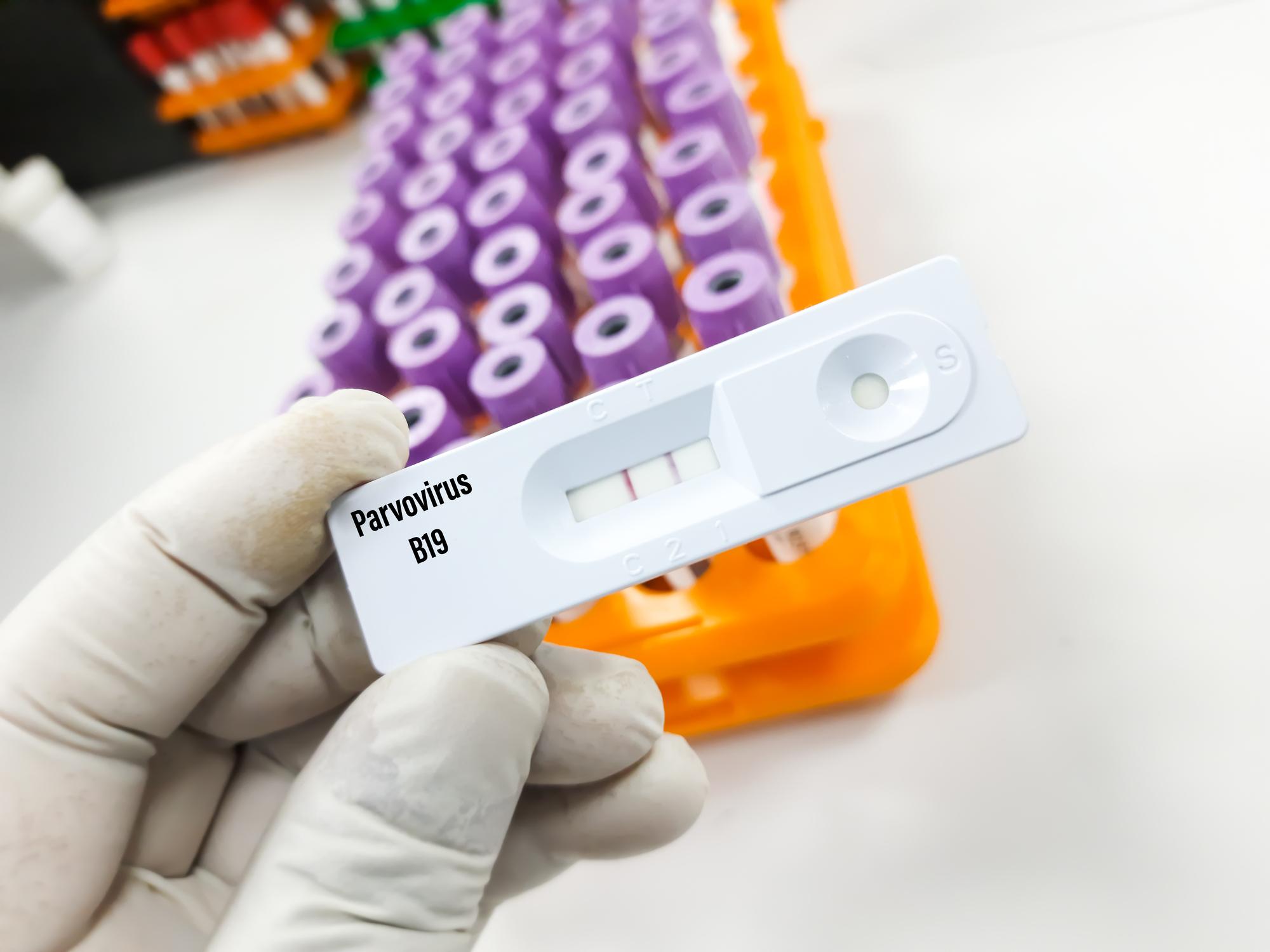During the confinement, many people suffering from heart problems were not taken care of as they should have been. Today, cardiologists are worried about a resurgence of cases.

- Due to the coronavirus crisis, many patients have had their heart operations postponed.
- Since the start of the coronavirus epidemic, many patients no longer dare to go to the hospital when they have a heart problem.
- However, in France, the stress linked to confinement has made many women more vulnerable.
- Cardiologists are also worried about patients whose heart operations have been delayed.
Mitral valve surgery, aortic valve, transplant… thousands around the world have had their heart operations postponed due to the coronavirus pandemic. Today, when many Western countries are deconfining, cardiologists are trying their best to “make up for lost time”. Not to mention the fear of an upsurge in new cases of heart attack or stroke among people who have been slow to go to the emergency room in recent times, whether for fear of catching Covid or of saturating already overcrowded hospitals.
“We have seen, over the past few weeks, in intensive care cardiology, patients with infarctions, severe heart failure that we usually anticipate. They are afraid to come to the hospital, afraid to disturb their doctor. It is time for our patients to think about their pathology”testifies to The Dispatch Professor Michel Galinier, co-head of the cardiology department at the Toulouse University Hospital.
On June 5, in a report dedicated to heart patients, forgotten by the pandemic, France 3 reported the case of Philippe, a Lyonnais, heart failure awaiting a transplant. “Usually, it is followed every two months. However, his last hospital consultation dates from January. His condition is serious but stable, so he was not a priority”, explains the journalist in the report. “We were only talking about Covid-19 and that’s normal and we were putting everything else on hold so I was worried”adds the patient.
“We are able to prioritize the sickest”
However, this kind of situation is obviously not the prerogative of France. “Someone on the team caught the coronavirus so they had to stop heart operations”testified for example a mother on English television March 18. Her 15-year-old son suffers from cardiac arrhythmia, “his heart may suddenly stop”, and was due for surgery in mid-March when he received a call from the hospital saying the procedure would be delayed. “I was afraid to have surgery but I wanted it to be over and it reassured me to have a date and now I don’t know when it can be done and of course in the meantime the heart risk continues to increase ”, laments the unfortunate.
In Canada, Dr. George Honos, cardiologist and spokesperson for the Heart & Stroke Foundation, explains “trying to make up for lost time” concerning the sick who “requires heart valve replacement or bypass surgery”. “The patient is worried at home while waiting for a phone call from his doctor”he explains in an interview with Radio-Canada. Fortunately, “we tried to follow them very closely from a distance” and he “there was no negligence because, thanks to more modern techniques, we are able to prioritize the most sick”assures the specialist.
Beyond patients suffering from chronic heart conditions, doctors are concerned about myocardial infarction (heart attacks), stroke and TIA (transient ischemic attack, when a clot obstructs blood circulation in the brain, Editor’s note), which require very fast support. Since the start of the epidemic, consultations have plummeted “around 50 to 70% in Ile-de-France” and at least 40% in the provinces, panicked on Europe 1 in early April Pierre Amarenco, head of the neurology department and of the reception and treatment center for stroke at Bichat hospital in Paris. “It is very important that people call 15 and be reassured that they will not come across infected patients. We risk adding a public health disaster to another disaster”he worried.
Women more affected by confinement?
“If a heart attack is not treated within three hours, the heart muscle is dead”said Claire Mounier-Vehier, cardiologist, head of the vascular medicine and hypertension department at the Lille University Hospital, in a press release from the foundation. Act for the heart. Remember that of the 80,000 victims of myocardial infarction recorded each year in France, 10% die within the hour.
“When you have a heart attack, you have a clogged artery, if you manage to open this artery quickly, you minimize the after-effects and the patient has a better prognosis. (…) someone with chest pain should contact the emergency room immediately because with each passing minute the risk of the damage being permanent increases. By opening the artery quickly, the damage can be minimized. Do not hesitate, if you have any doubt call the emergency room! The risk of being infected with the coronavirus is really minimal because there are precautions [dans les hôpitaux, NDLR]”, adds George Honos.
Finally, in addition to the patients who were not taken care of as they should have been during the crisis, in France, cardiologists must today face cases of myocardial infarction and stroke which result directly from confinement. . In particular, they observe a resurgence among women. “During confinement, they lived a sedentary lifestyle, they ate less well, probably smoked more for smokers. There was stress related to telework or precariousness. You also have to homeschool the children, and take care of the house. It is a real cocktail to cause heart attacks”testified Claire Mounier-Vehier to France Blue May 26.


.
















